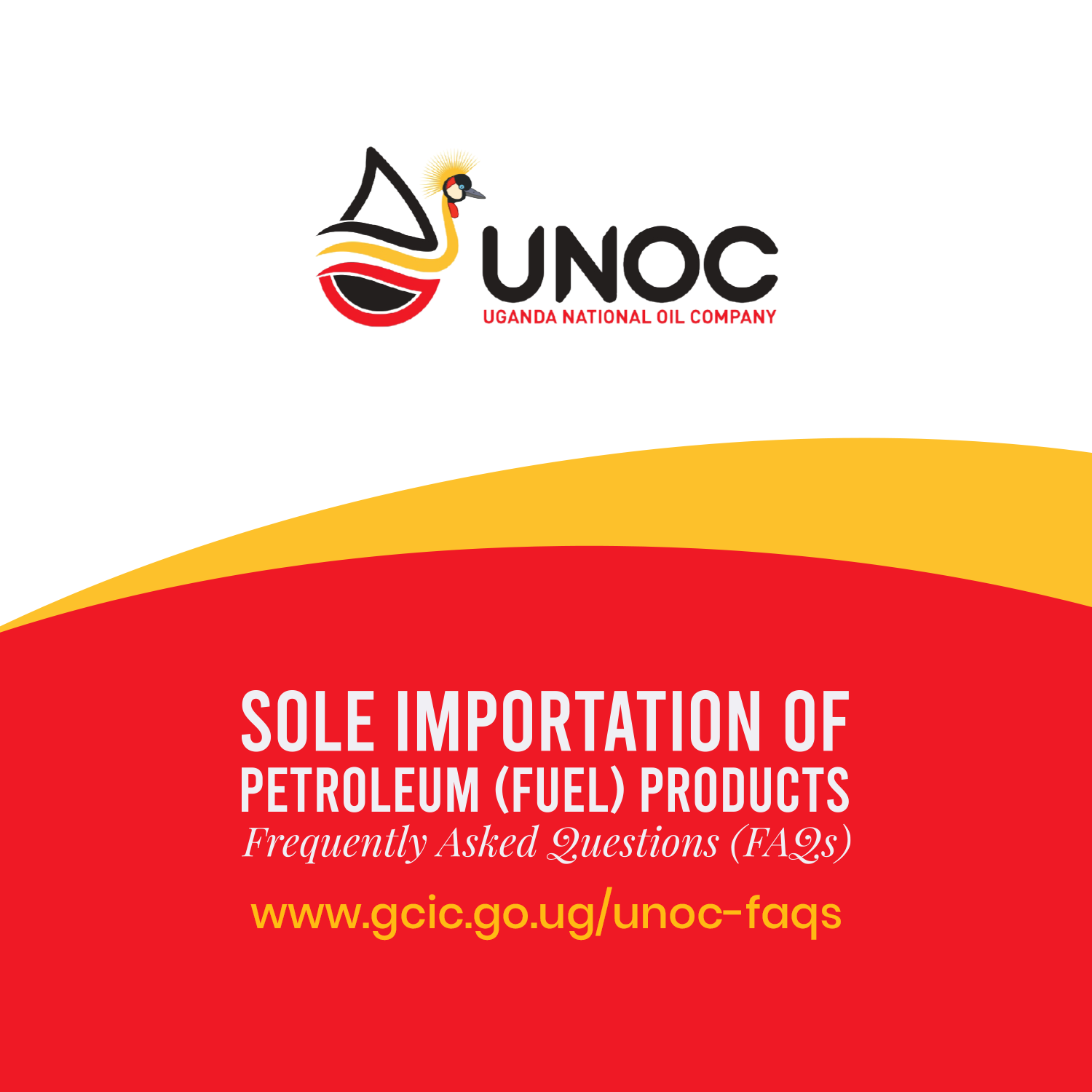Agriculture is the backbone of Uganda’s economy, employing the majority of its population and serving as a vital source of livelihood for millions of smallholder farmers. However, the sector faces numerous challenges, including erratic rainfall patterns, limited access to water resources, and reliance on traditional farming methods. In response to these challenges, the Micro-scale Irrigation Program has emerged as a beacon of hope, revolutionising agricultural practices and empowering farmers across the country. The Program is part of the Intergovernmental Fiscal Transfer Reform Program (IFTRP) and is supported by the World Bank through the Uganda Intergovernmental Fiscal Transfer Program (UgIFT). Led by the Department of Agricultural Infrastructure Mechanisation and Water for Agricultural Production of the Ministry of Agriculture, Animal Industry, and Fisheries (MAAIF), Program is in line with Uganda’s National Irrigation Policy which aims to create 1.5 million hectares of irrigated land by the year 2040.
In Uganda this is a flagship initiative aimed at providing smallholder farmers with access to affordable and sustainable irrigation technologies.
Unlike large-scale irrigation schemes, which often require significant infrastructure and investment, micro-scale irrigation focuses on small-scale, localised solutions tailored to the needs of individual farmers and communities. These solutions range from simple drip irrigation systems to drag horse systems and to more sophisticated sprinkler systems, designed to efficiently deliver water to crops while minimizing waste.
Mubende District: A Case Study:
Located in central Uganda, Mubende District serves as a microcosm of the challenges and opportunities facing agriculture in the country. With its diverse agro ecological zones and predominantly rural population, the district is heavily reliant on rain fed agriculture, making it vulnerable to the impacts of climate change. However, the introduction of the Micro-scale Irrigation Program has brought about a paradigm shift, empowering farmers to overcome these challenges and unlock the full potential of their land.
In 2022, the program made its debut in Mubende District with the installation of 27 irrigation systems, providing farmers with access to reliable water sources for the first time. These systems, ranging from low-cost drip irrigation kits to community-based drag horse systems, were met with enthusiasm and optimism by local farmers eager to enhance their agricultural productivity. Building on this momentum, the program expanded its reach in 2023, installing an additional 33 systems across the district, further amplifying the benefits of micro-scale irrigation.
Looking ahead to 2024, the program aims to install 40 new irrigation systems in Mubende District, signaling its commitment to sustained growth and impact. By leveraging partnerships with local governments, non-profit organizations, and private sector stakeholders, the program seeks to scale up its operations and reach even more farmers in need. Through targeted outreach and capacity-building efforts, farmers are empowered with the knowledge and skills needed to maximize the potential of their irrigation systems, ensuring long-term sustainability and impact.
Benefits of Micro-scale Irrigation:
The benefits of this program extend far beyond increased crop yields. By providing farmers with access to reliable water sources, the program enhances food security, reduces poverty, and promotes economic empowerment within rural communities. Improved water management practices also contribute to environmental sustainability, mitigating the negative impacts of climate change and conserving precious natural resources. Moreover, by diversifying crop choices and introducing higher-value cash crops, micro-scale irrigation opens up new opportunities for income generation and market access, driving rural development and prosperity.
Future Prospects:
As Uganda continues to confront the challenges of a rapidly growing population and changing climate, the importance of micro-scale irrigation in agriculture cannot be overstated. By investing in innovative technologies, strengthening institutional capacity, and fostering inclusive partnerships, the Micro-scale Irrigation Program holds the key to unlocking the full potential of Uganda’s agricultural sector. With a renewed focus on sustainability, resilience, and social equity, the program stands poised to catalyze transformative change, ushering in a new era of prosperity for farmers and communities across the country.
Micro-scale irrigation represents a game-changing solution to the complex challenges facing agriculture in Uganda. Through targeted interventions and strategic investments, the Micro-scale Irrigation Program has empowered smallholder farmers to break free from the constraints of rain fed agriculture and embrace a future of resilience and prosperity. As the program continues to expand its reach and impact, the transformative potential of micro-scale irrigation in Uganda is boundless, offering hope and opportunity to millions of farmers striving to build a better future for themselves and their families





